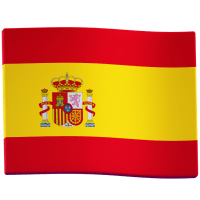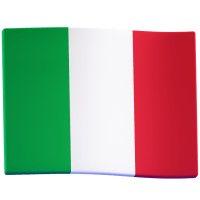Portuguese grammar exercises to get you one step closer to fluency
Portuguese grammar. Why learn it?
Though it’s not the first thing you have to learn, knowing the Portuguese grammar has its importance and sooner or later you will have to deal with it.
How can this be?
That’s exactly how we, at Mondly, approach learning the Portuguese grammar and millions of people worldwide appreciate our innovative app. By listening to natives, you will know advanced Portuguese grammar rules to use in real-life conversations even if you never studied the rules themselves.

The most common Portuguese prepositions
Portuguese grammar exercises can be fun

Inside the app, you will find 3 different sections dedicated to learning the Portuguese grammar online. Each section consists of 7 or 8 grammar lessons that take around 5 minutes each to complete. Every lesson introduces Portuguese grammar exercises where you read, listen to natives, write and speak. Rooted in science, our exercises are specifically created to keep you engaged and make learning Portuguese as easy and fun as possible.

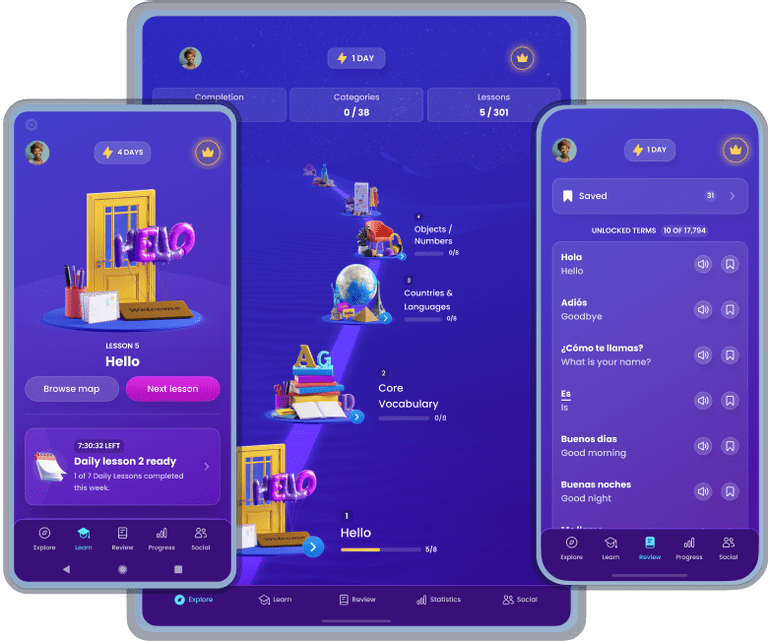
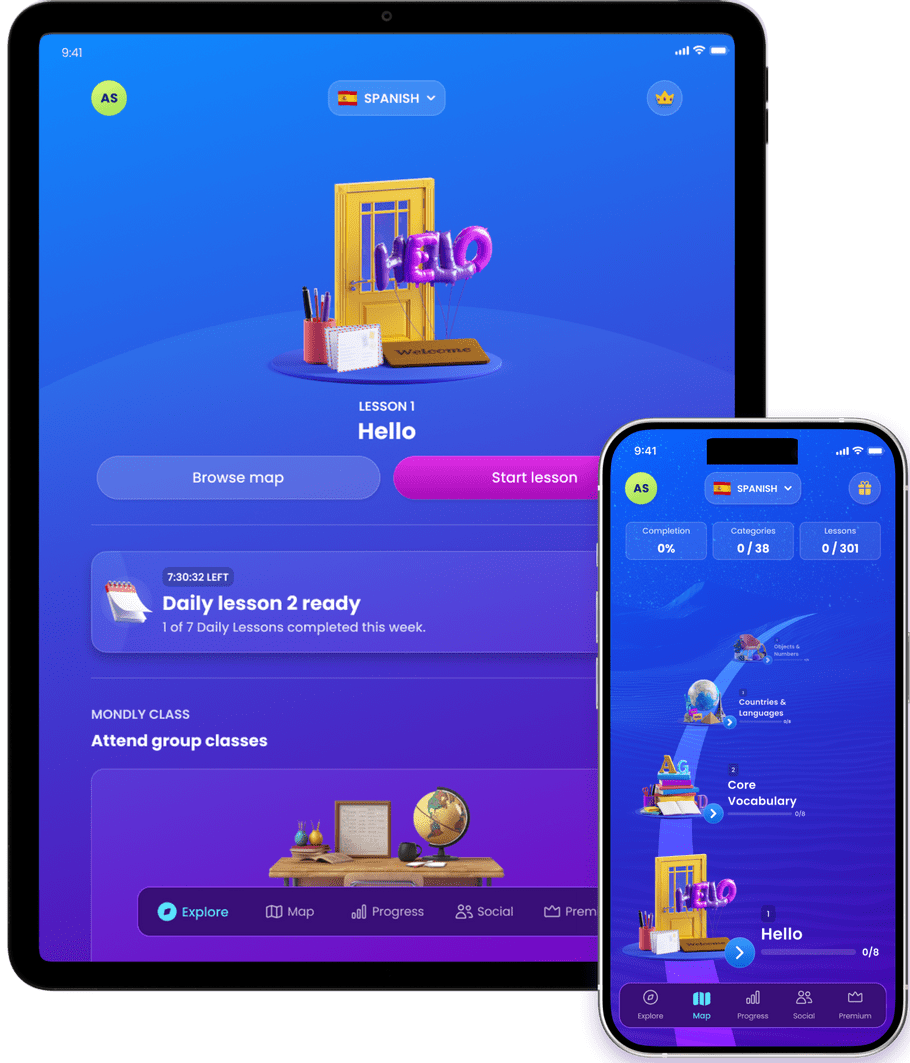
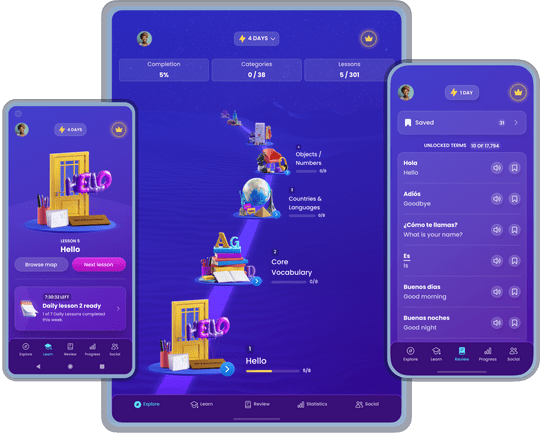

1 000 000+ + Ratings
Mondly was named "Editors' Choice" in Google Play and "Best New App" by Apple.
Portuguese grammar exercises for real-life situations

That’s why our language experts created a language learning experience where you can practice Portuguese grammar naturally, by building real sentences anchored in real life situations. Order food in a restaurant. Have a casual chat with a fluent speaker about your day. Explore ways of talking about the books you read. These are all grammar exercises created around certain themes in order to boost your learning.
Want to learn certain conjugations? With our on-demand conjugation table, you can click on verbs during any exercise and you will be able to see their conjugations. The present, past and future tense are now all at your fingertips. What’s even better, depending on your grammar level, you can choose to learn Portuguese grammar for beginners, intermediate grammar or jump to the advanced Portuguese grammar exercises. No matter your level of Portuguese, you will get the most out of learning with Mondly.

Did you know?

As for grammar rules, Portuguese is similar to English when it comes to the word order. You start with the subject, then add the verb and end with the object. A simple example is “O gato comeu o rato” which translates to “The cat ate the mouse”.

Learning the Portuguese grammar with Mondly by Pearson has real benefits

The Portuguese grammar will seem easy and fun
Our linguists have created Portuguese exercises that will feel like playing a game. The catch: you absorb the Portuguese grammar effortlessly. In no time, you’ll be getting compliments from natives for your Portuguese skills.

Learn Portuguese the smart way
Instead of learning the hardest parts of the Portuguese grammar first, we take you through a journey of the most used Portuguese words and sentences. This means that you start by learning what really matters first.

Learn Portuguese with friends
Learning Portuguese can sometimes feel overwhelming. That’s why we created language leaderboards to keep you motivated along the way. Play your way to Portuguese by competing with friends and the entire world.

Get ready for real conversations in Portuguese
Every Portuguese exercise created by our world class linguists is meant to bring you one step closer to having real conversations. That’s why we created speaking exercises for you to practice the Portuguese grammar you learn.














